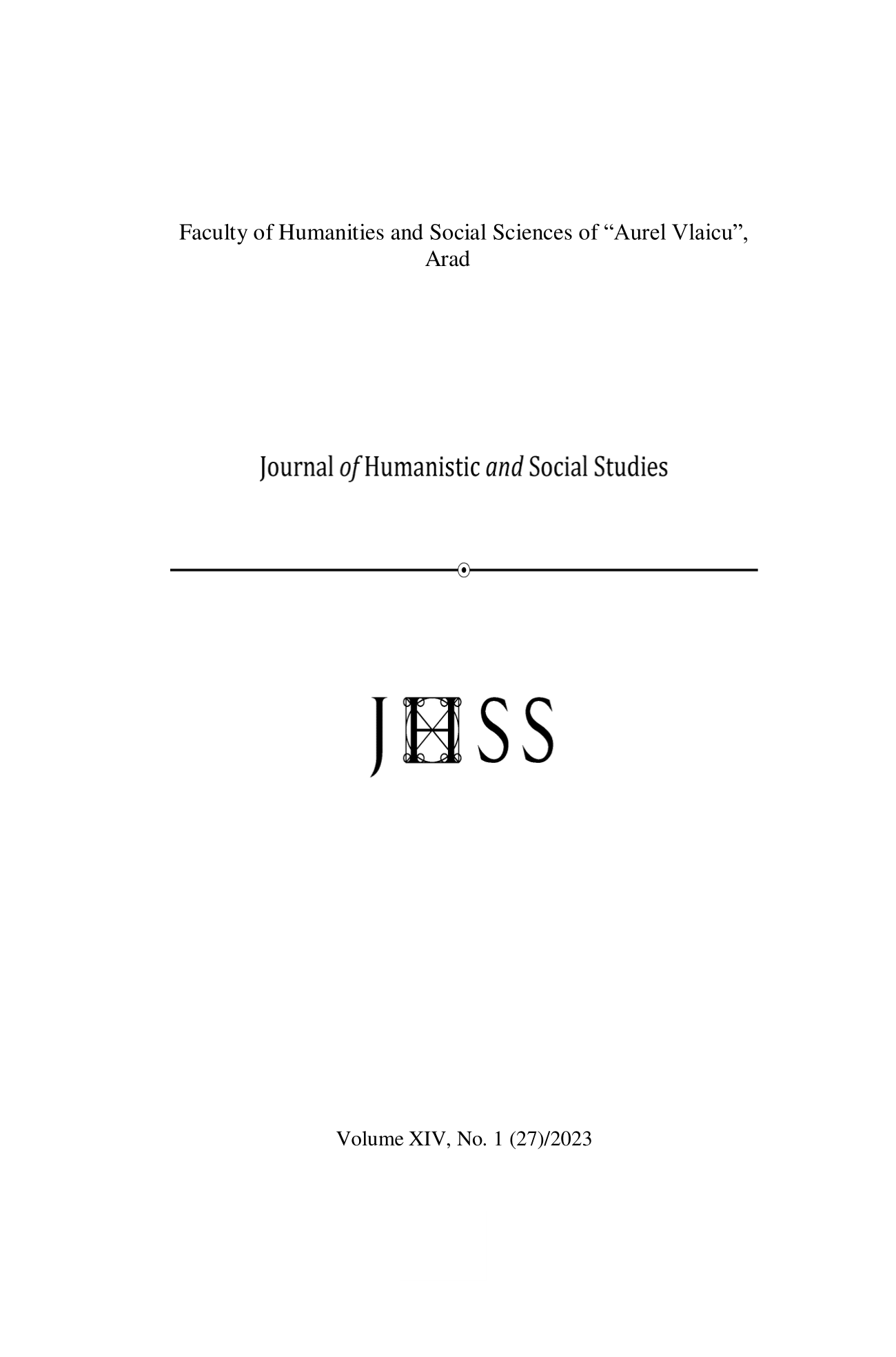Expose on Empiricism, Rationalism and Moral Subjectivism in the Light of Christian Theism
Expose on Empiricism, Rationalism and Moral Subjectivism in the Light of Christian Theism
Author(s): Peter O. O. OttuhSubject(s): Language and Literature Studies, Theology and Religion, German Idealism, Existentialism, Philosophy of Religion, Biblical studies
Published by: Editura Universității Aurel Vlaicu
Keywords: philosophy; rationalism; empiricism; moral subjectivism; Christian theism; theology; religion;
Summary/Abstract: The emergence of new philosophies like rationalism, empiricism, and mechanistic philosophies of Descartes, Locke, Berkly, and Hume have influenced the development of science and the questioning of divine involvement in human events. As a result, the foundational principles upon which conventional theism had been built are almost entirely destroyed by this incident. In this sense, this article seeks to critically analyze how rationalism, empiricism, and moral subjectivism oppose or support Christian theism, which offers uniformity and assistance in understanding the nature and purpose of existence. Using the analytic approach, the study reveals that, given the heterogeneous and diverse character of the contemporary world, postmodern science and philosophical perspectives have now evolved to combat the pervasive effects of Christian theism. It further shows that the concepts, practices, and traditions founded on a philosophical understanding of Christianity make up the conceptual foundation of Christian theism. It concludes that Christian theism is preferable because it offers the foundation for social development and advancement and may create a world of peace via the application of its ethical and constitutional principles to promote enduring tranquility, prosperity, and equality in human society.
Journal: Journal of Humanistic and Social Studies
- Issue Year: 14/2023
- Issue No: 1
- Page Range: 101-116
- Page Count: 16
- Language: English

